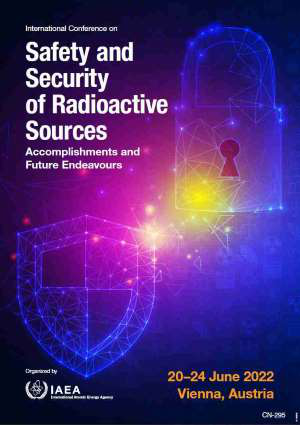Speaker
Description
Radioactive materials have significantly enhanced the economy of many nations including Nigeria. These materials have found various applications in medicine, industry, agriculture, and many others and are widely distributed in Hundreds of Thousands globally. In Nigeria, they are used extensively in the Oil and Gas industry for non-destructive techniques, Medicine for diagnosis, and for Sterilization and food preservation. The contribution of radioactive materials in agriculture cannot be overemphasized, playing an important role in food production thereby reducing hunger and poverty in a fast-growing global population. As important as it may be to the national economy, radioactive materials pose a grave danger if not used safely and securely. These materials face numerous risks from adversaries who may steal the material or sabotage facility for various motives. Insider threat pose a unique and severe threat to radiological facility because such adversaries can exploit their advantages of having access, authority, and knowledge to betray trust and bypass security measures. Countering or defeating such threats to radioactive sources will involve early detection and characterization, especially before actual hostile actions against radioactive sources or facilities commence. In this paper, we discuss our approach to addressing the human element of security to mitigate the insider threats. Security culture plays an important role in ensuring that individuals, and organizations remain vigilant and that sustainable measures are taken to prevent and combat the threat of sabotage or use of radioactive sources in malicious acts. Therefore, strengthening organizational culture toward developing the desired attitudes and behaviors to serve as a means to support and enhance the security of radioactive sources is also discussed.
| Country OR Intl. Organization | Nigeria |
|---|

